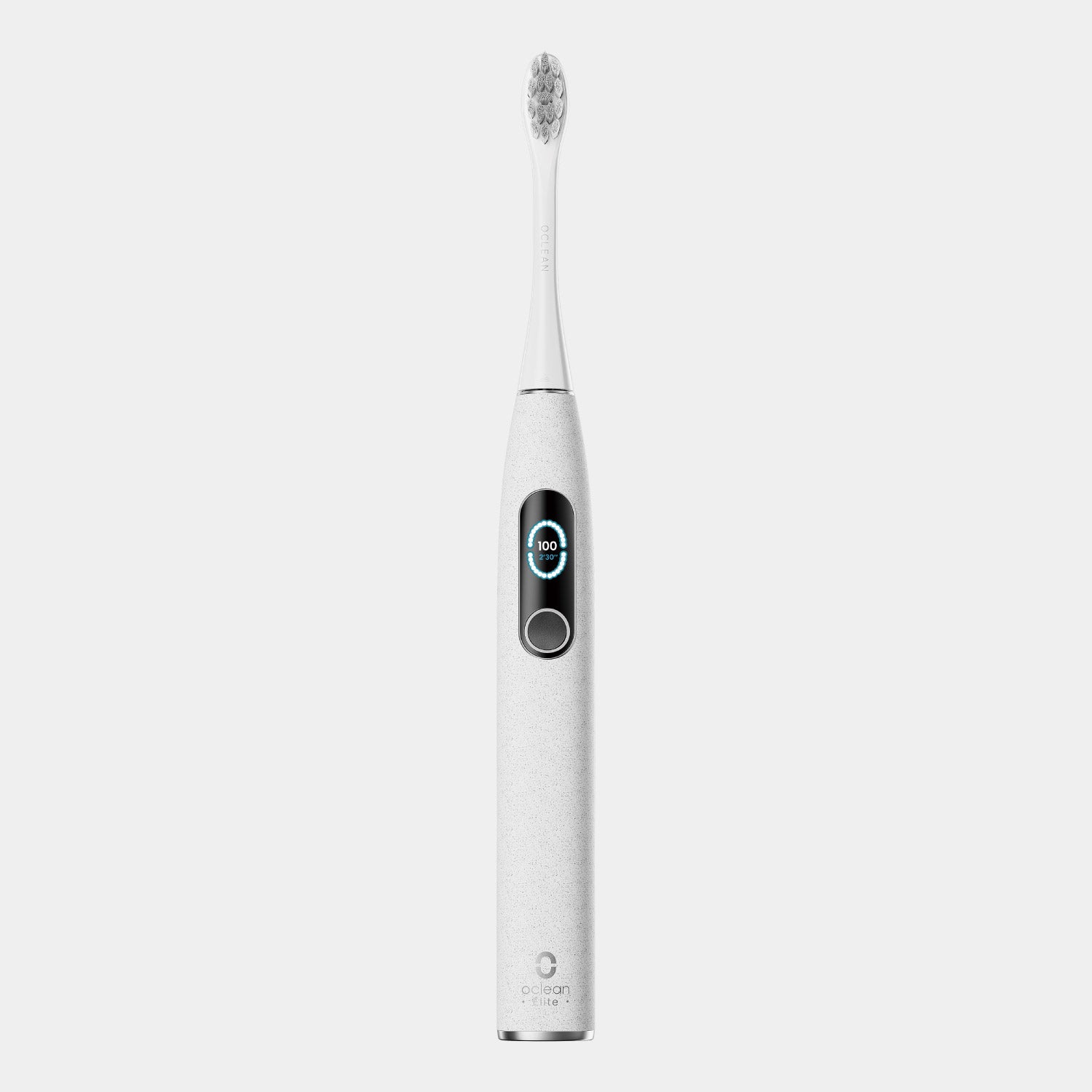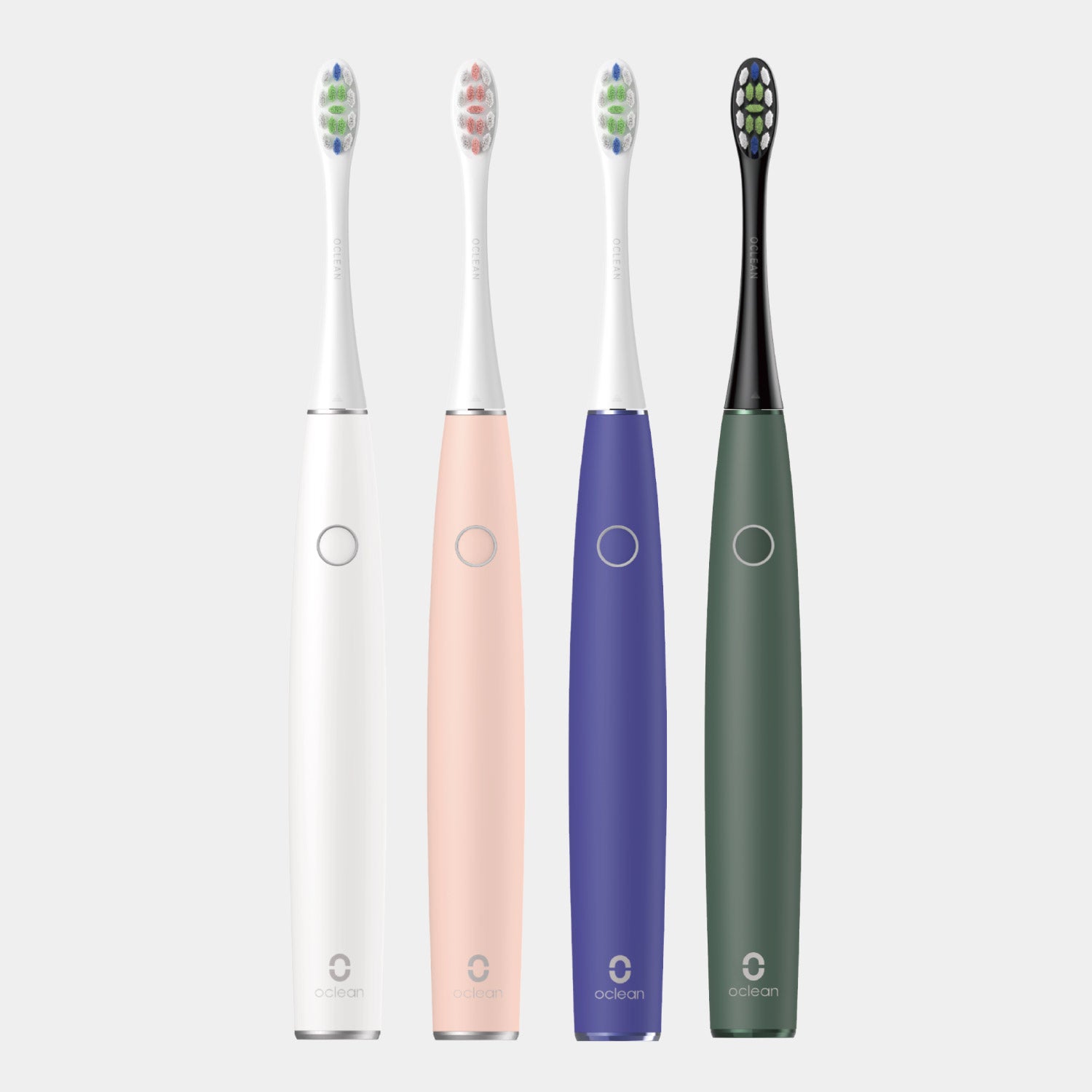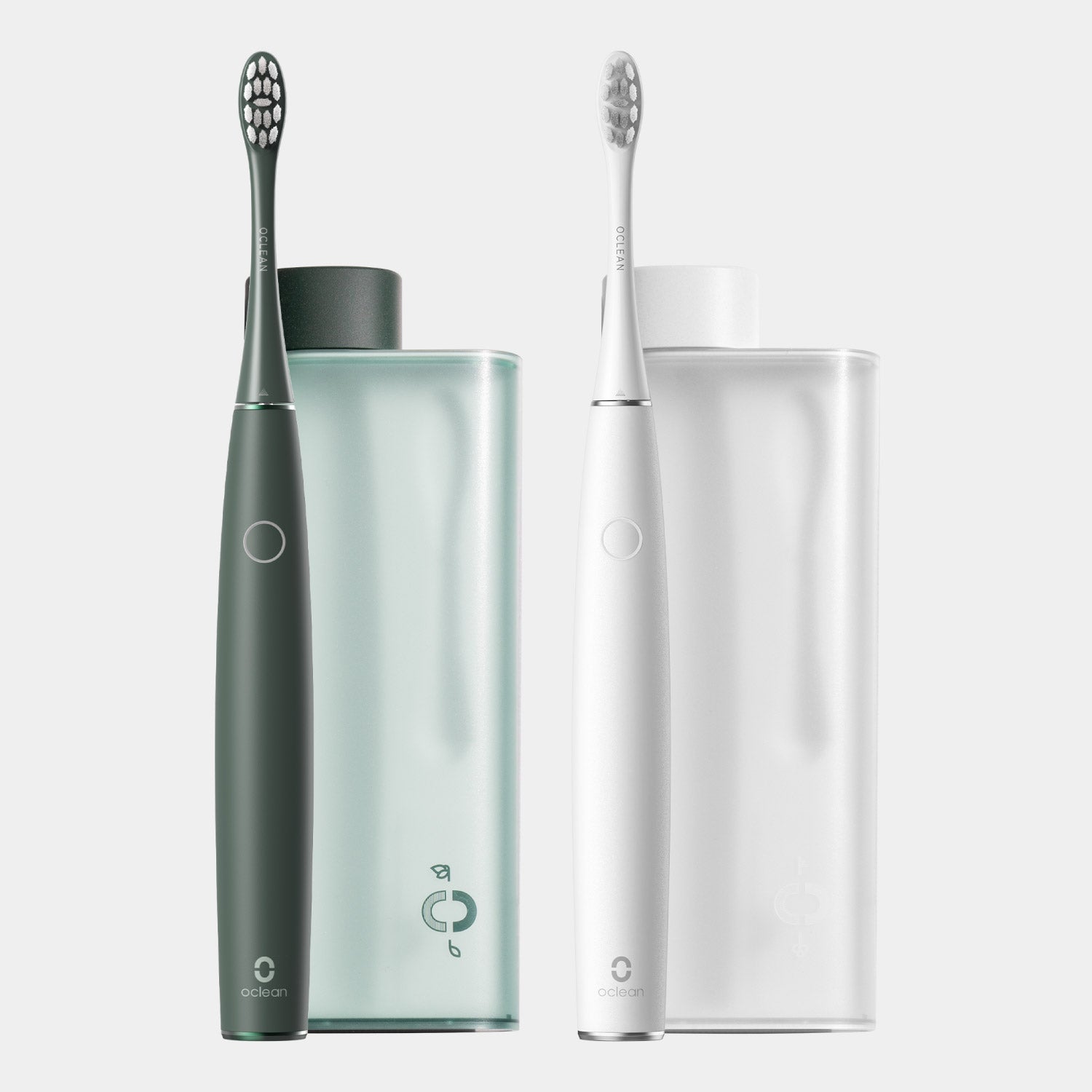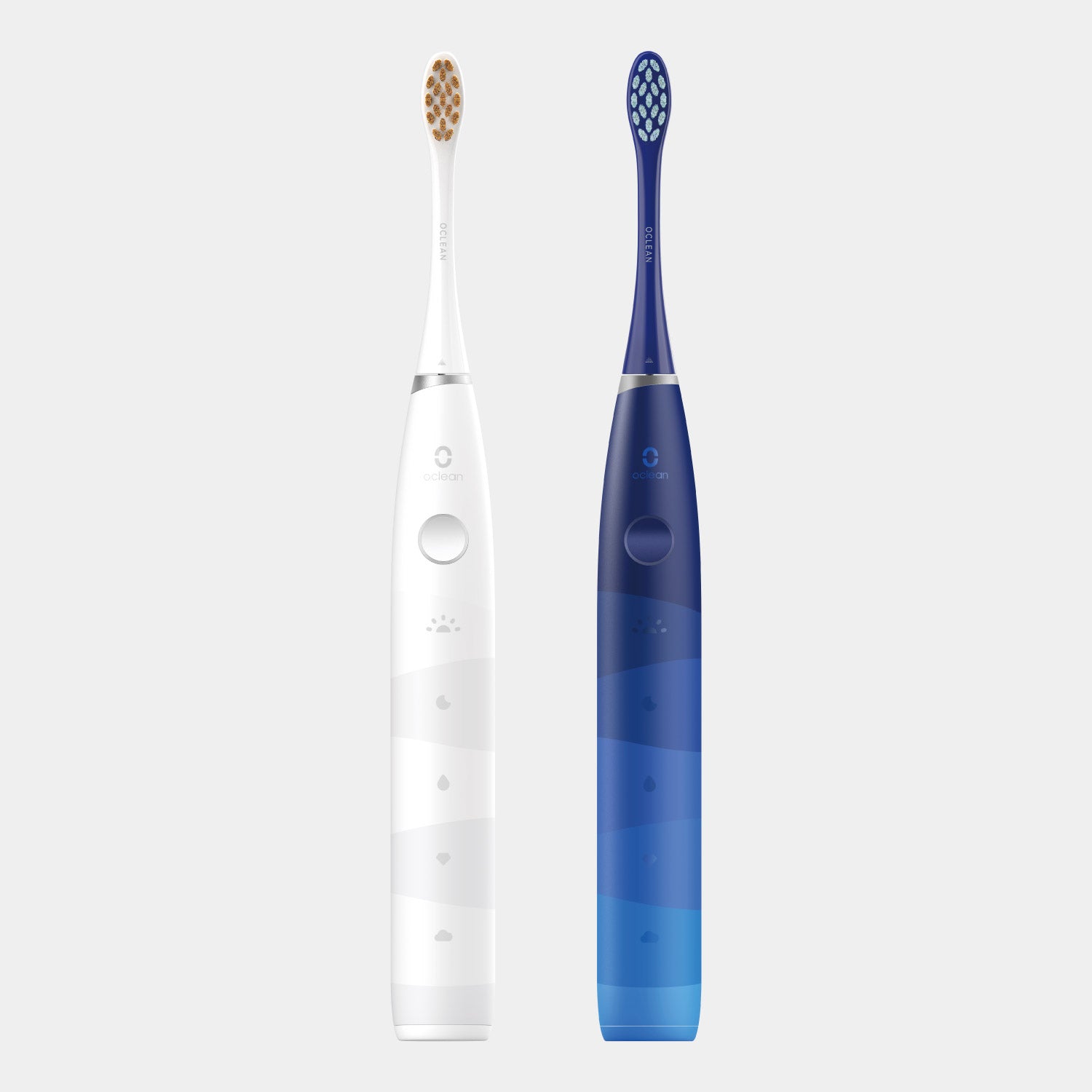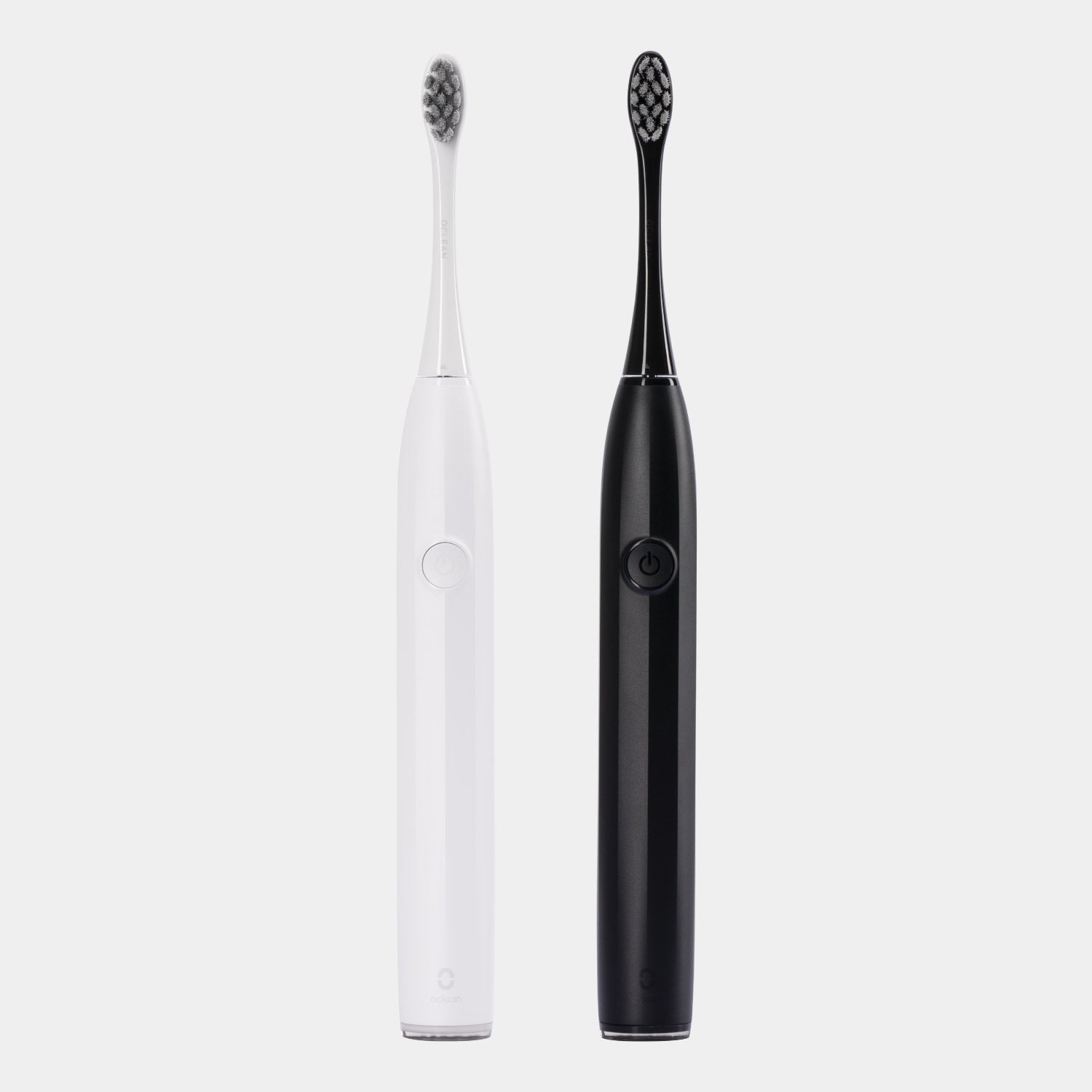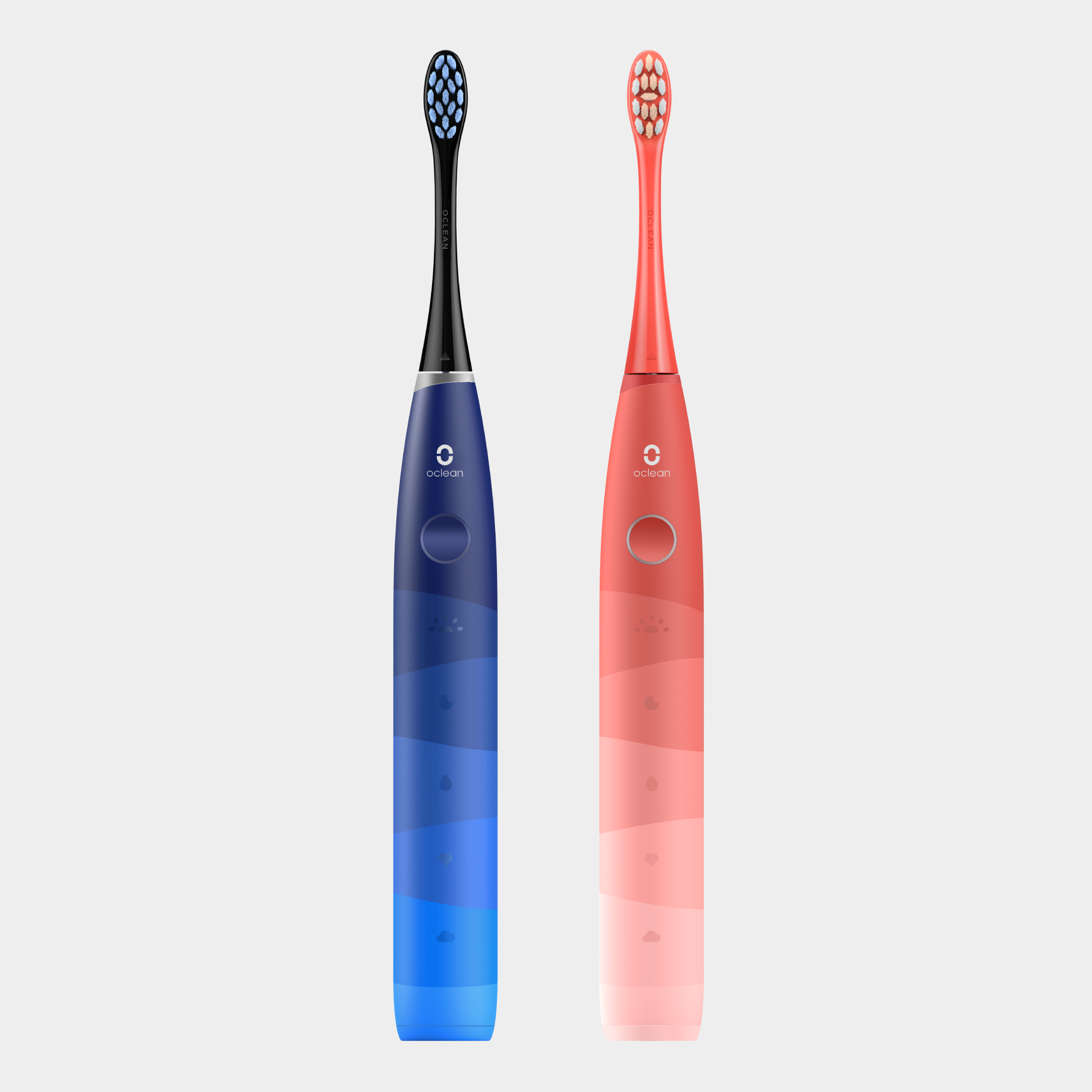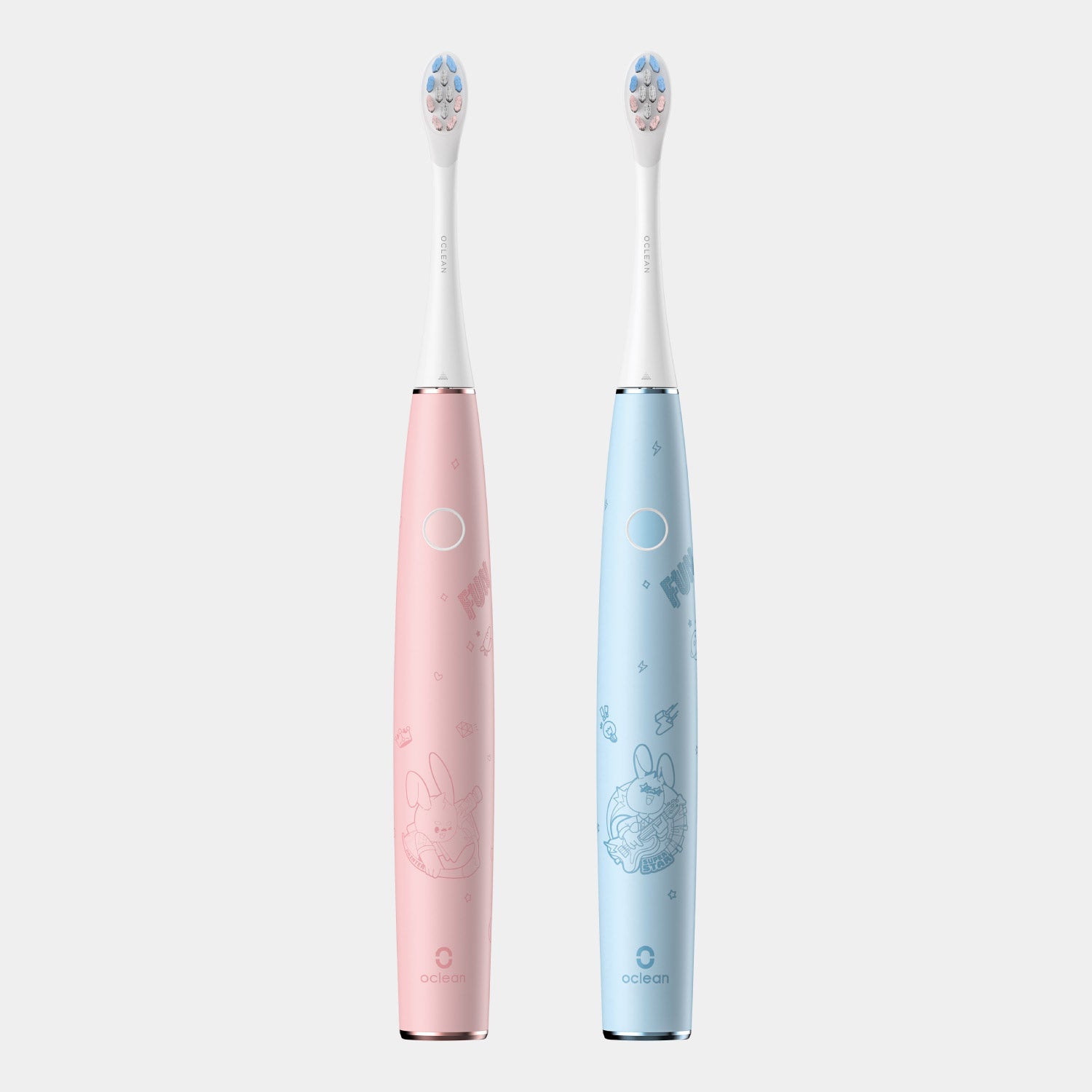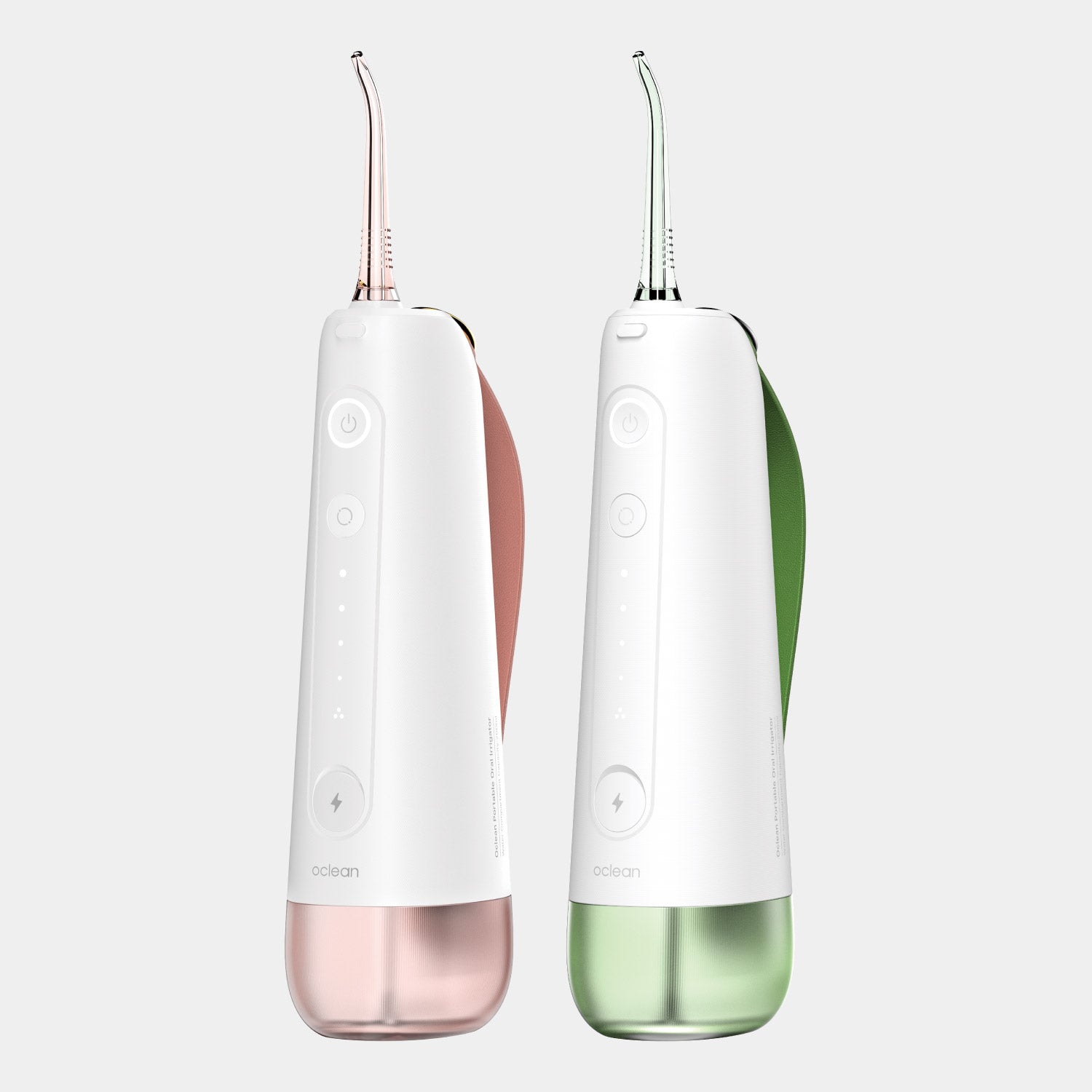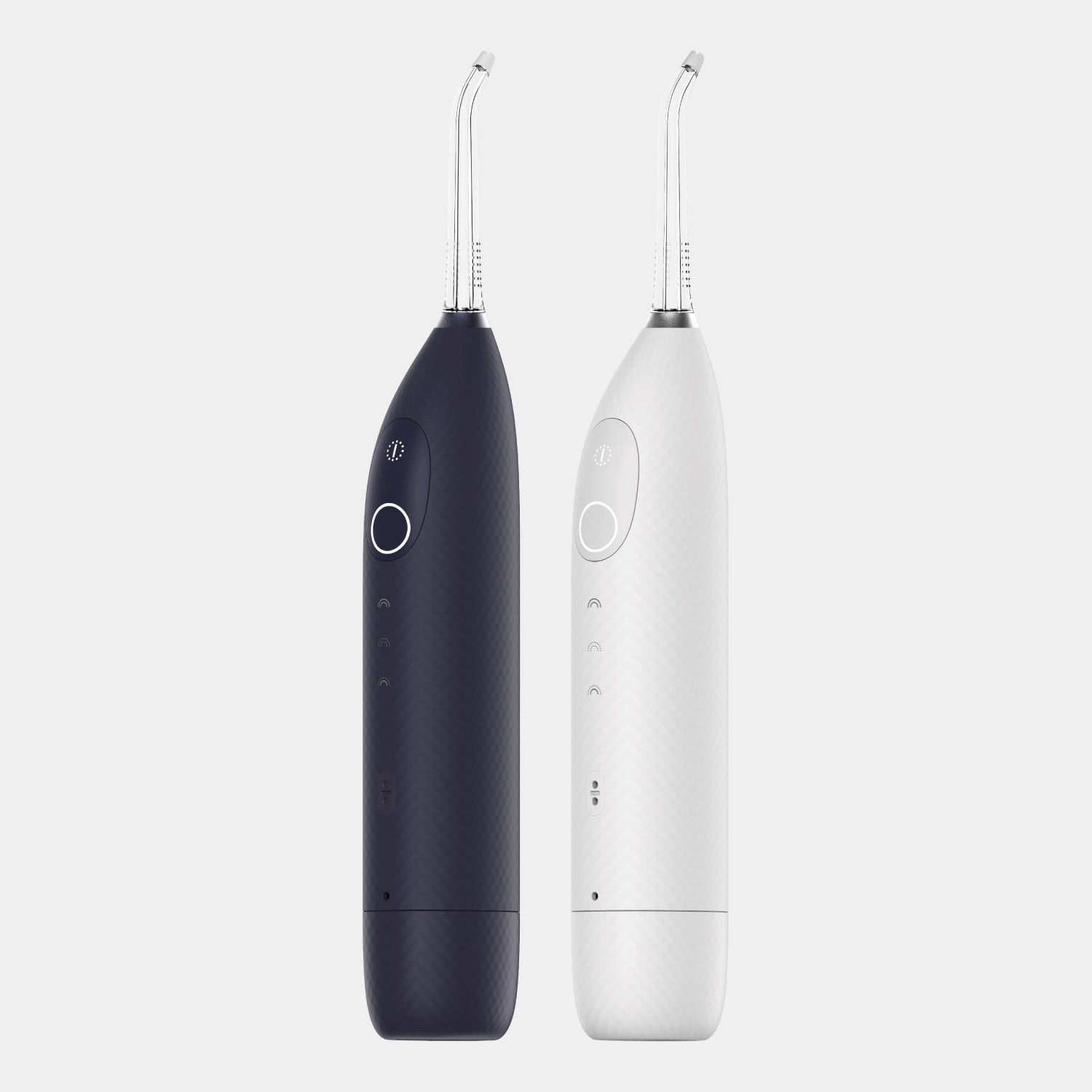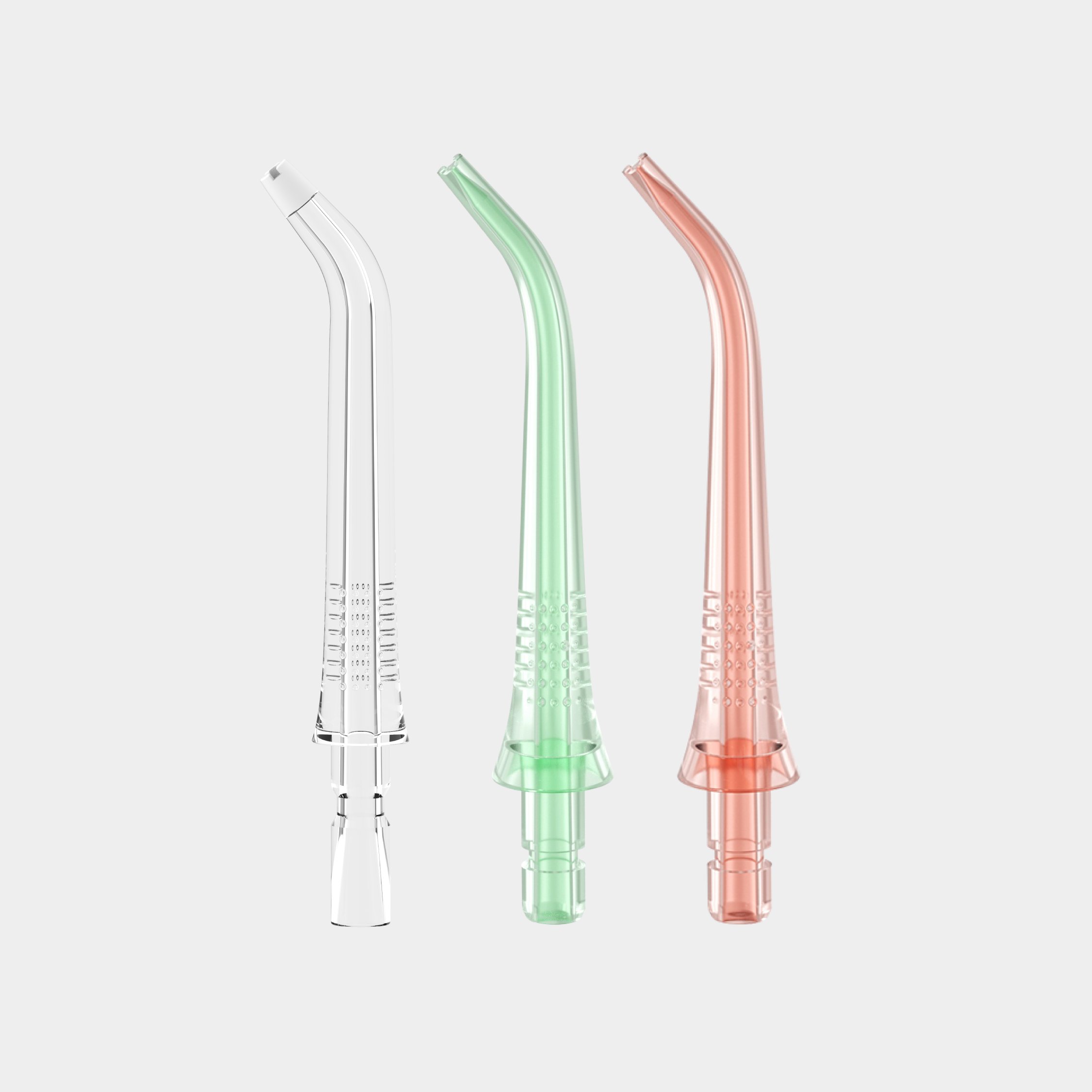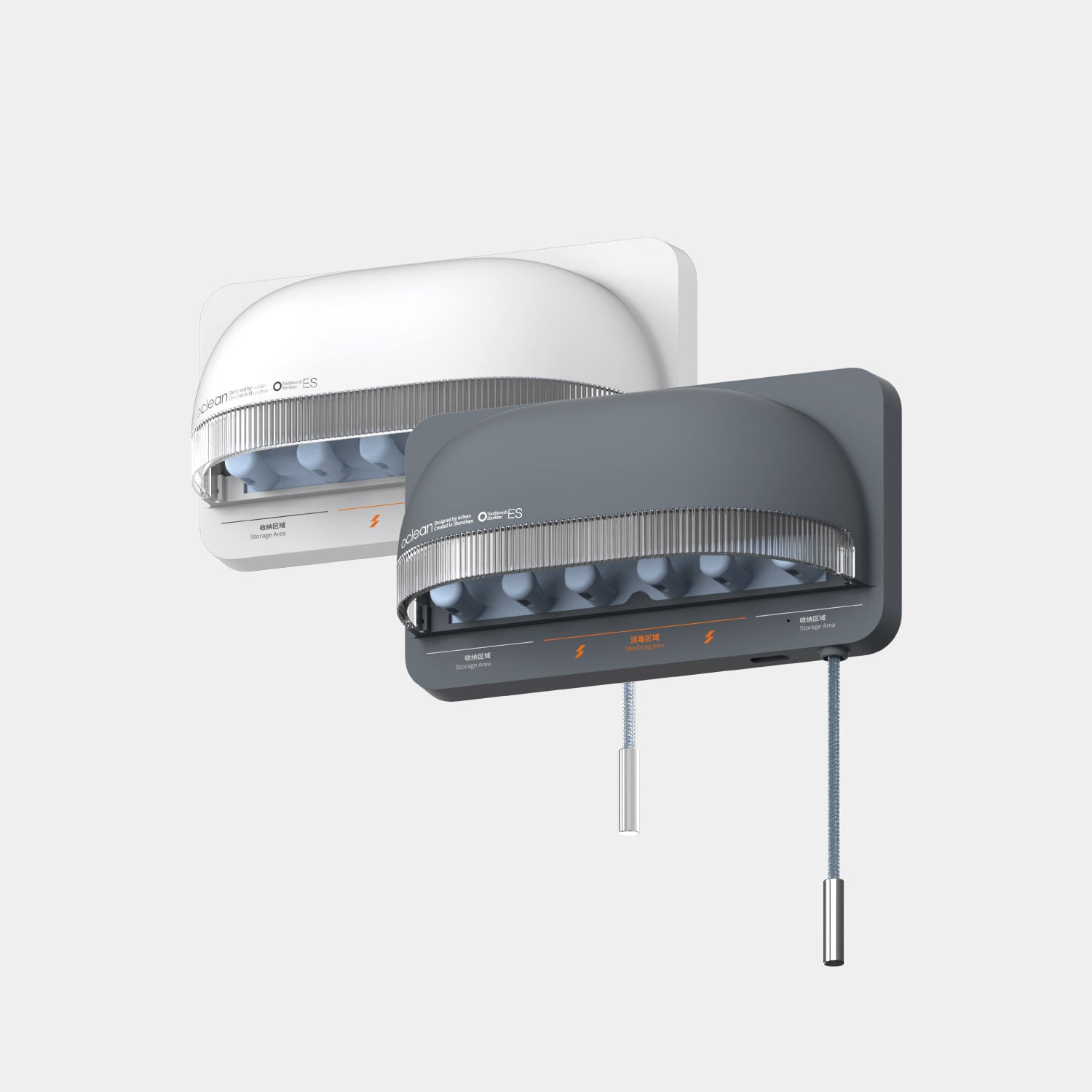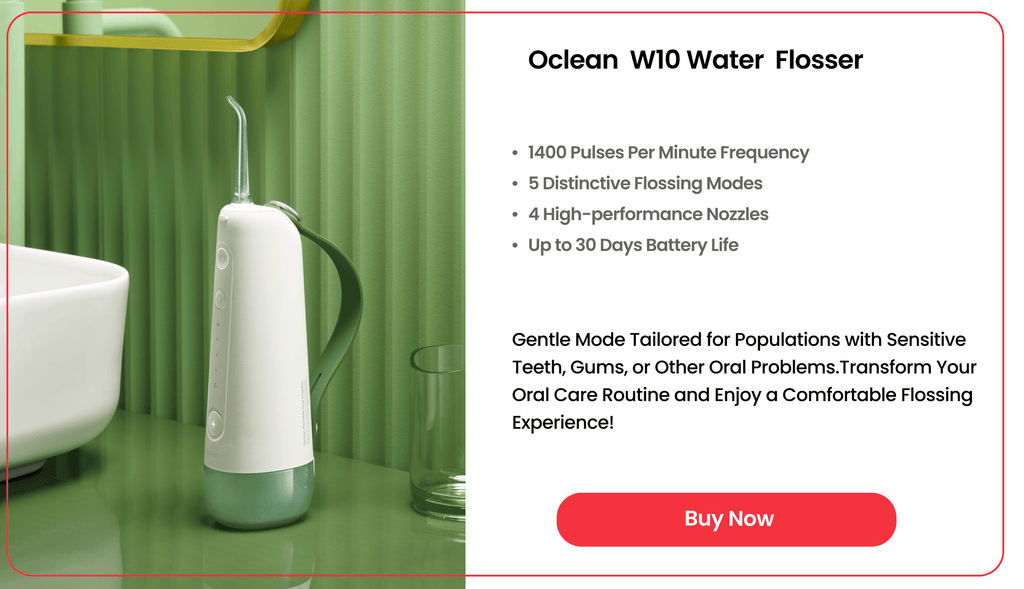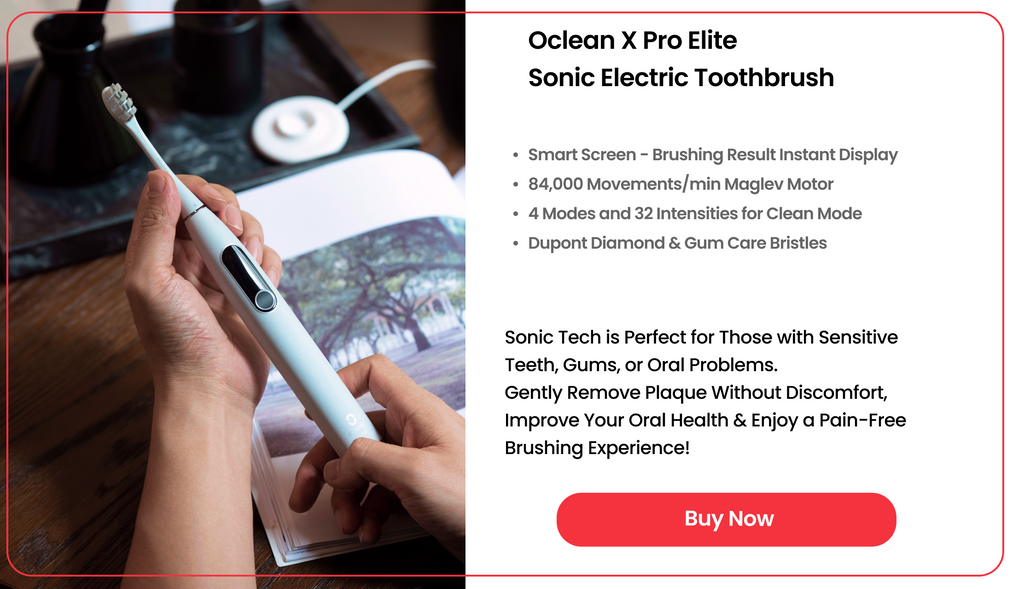Flossing is an integral part of the oral routine for most people.
Dentists worldwide consider brushing and flossing the fundamental steps for maintaining dental hygiene for everyone, even those with dental crowns.
Dentists use dental crowns to restore a broken, damaged, or chipped tooth.
When a tooth is significantly impacted, a crown is installed on top of the affected area. Usually, metals, porcelain, resin, or even ceramics are used to fabricate a crown.
Regular brushing and flossing are needed to keep your crowns healthy because your crown is fabricated to look and serve as a normal tooth.
Unfortunately, many people find it hard to floss their teeth with their dental crowns, fearing that flossing would damage their crown. Is this fear legit? Can flossing loosen a crown?
Can your crown fall out while flossing?
The fear is legit, so you ask your dentist, "Can flossing damage crowns?"
Typically, permanent crowns are extensively used for their durability. Since they are glued and bonded to your tooth, flossing around dental crowns is a common concern for many individuals.
To keep cavities and gum disease at bay, flossing between your crowns is just as crucial as flossing between your regular teeth. Crowns in excellent condition are far less likely to come out while you continue your daily ritual.
However, there is always room for exception, and just in case, if you want to know, "Can you floss around a permanent crown?"
Yes, if your dental health deteriorates and you floss around carelessly, you might damage your crown.
Let's dig into the reasons, so you know, "What loosens a crown?"
- Decayed tooth
If you have a decayed tooth under your crown, flossing might cause the crown to fall out or may loosen the restoration.
In this case, you should immediately contact your dentist for help, or you may try switching to a water flosser.
- Temporary Restorations
Temporary restorations are much more likely to be removed when flossing because they are not as strongly bonded or cemented to the teeth as permanent ones.
But you can prevent this by pulling out the floss sideways instead of pulling up. However, you must be extra cautious and alert while flossing with a traditional one.
Losing a crown is a painful experience; we know that. So here's a way out of this mess!
It is a water flosser. Want to know "how to floss between crowns?"
Flossing the right way with Dental Water Flossers
A dental water flosser is the most effective alternative to traditional floss.
Water flossers eject a water stream into the mouth with a pressure that helps remove debris and food particles; as a result, you can enjoy better oral hygiene.
A water flosser is readily available on the market and will be very convenient for people with crowns.
Introducing Oclean dental water flossers
Several dental water flosser brands are available in the market, but why Oclean?
Because Oclean strives for excellence, we are dedicated to improving your oral health by combining technological advancements. Unlike other water flossers available on the market, our PORTABLE ORAL IRRIGATORS are worth every penny.
We have integrated water and air pressure to eliminate plaque between teeth and dental restorations, creating a healthy oral condition.
The best part? Its size and shape can potentially replace conventional dental floss as a must-have item for you.
While flossing is just as important as brushing twice daily, a high-quality toothbrush is essential.
In that case, our OCLEAN SMART ELECTRIC TOOTHBRUSH might be your solution. It's easy to use and will help you regain your beautiful smile!
Is it essential to take care of your crown?
Dental crowns require special care and treatment, just like other dental appliances. The majority of this care has to do with your eating habits.
There are certain things to remember to take good care of a crown. Here are some of them:
· Avoid hard or chewy food items.
· Brush your teeth twice every day.
· floss regularly with a water flosser.
· Even if you use traditional floss, you must avoid pulling the floss out of the gaps between your teeth. Instead, slide it out sideways to avoid any damage to your restorations.
· If you habitually grind your teeth, wear a mouthguard.
· Never miss your dental appointments.
What loosens a crown?
It is now clear that flossing is not responsible for your crown becoming loose. These are some of the other factors that might loosen your restoration:
· The bacterial buildup may cause crowns to become loose.
· Oversized crowns that do not fit your teeth.
· Unexpected strain during brushing or flossing
· Trauma from a fall.
· Installing a crown over a decaying tooth
· You consume chewy or hard food items.
What to do if your crown falls out?
Remember, if your crown falls loose, don't panic!
Make sure you consult a dentist who can examine the crown's attachment point and the crown itself.
Depending on your oral condition, your dentist will determine whether to restore it or build and install a new one. Sometimes, your dentist might choose to install a temporary crown while the permanent one is fabricated or may even install ceramic crowns instantly.
There are a few more things you should keep in mind if you have a dental crown:
· Avoid meals that are sticky, difficult to chew, or require extensive chewing.
· Never chew food with the impacted side of your mouth.
· When brushing or flossing your teeth, be gentle.
Can you prevent the loosening of a crown?
Ensure that your crown is installed correctly. Yet, if you find it challenging to understand, you must consult with your dentist.
One of the best ways to avoid losing your crown is by taking the necessary steps and following these easy instructions. This way, you will never have to worry about your crown falling off. But yes, maintaining oral hygiene is indispensable!
Never compromise your oral routine. So, are you ready to floss confidently with an OCLEAN WATER FLOSSER?
*Cover image from Freepik@gpointstudio, we will delete it if constitutes infringement *



